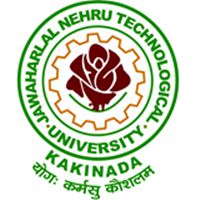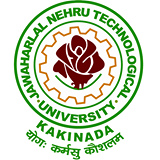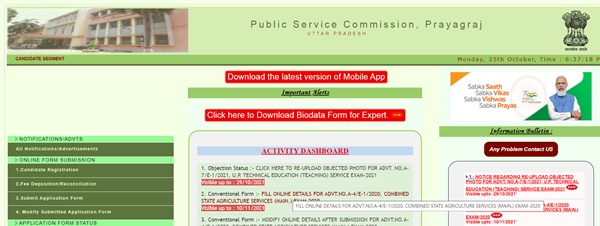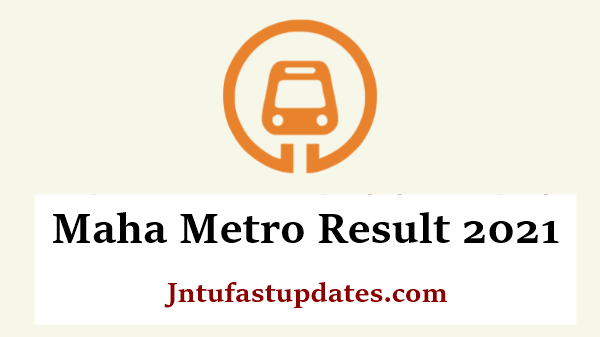Kerala University PG First/1st Allotment 2021 Results: Kerala University is published the first allotment result for PG programs on 29th October. All the candidates who are waiting for the first allotment result can check the official website, admissions.keralauniversity.ac.in. Candidates seeking admissions in MA, M.Sc, M.Com, and other Postgraduate degree courses can check the 1st allotment results from 29th oct. The Kerala University released the trial allotment result in october and accepted the applications for admissions till 2nd oct. based on the preferences of students the Kerala University is going to release the first and second allotment result for admissions. The KU is going to release the 2nd allotment list on -. Candidates allotted admissions can join the colleges –. The PG classes will be commencing from –. Candidates can check the Kerala University official website to check all the information regarding the admissions.
Kerala University PG First Allotment 2021 Results – KU 1st Allotment List at admissions.kerakauniversity.ac.in
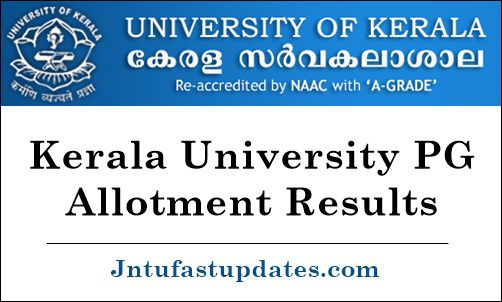
Kerala University is one of the largest universities of the state. The University offers affiliation to various degree and postgraduate degree colleges in the state. The KU offers various UG and PG courses such as BA, B.Com, B.Sc, MA, M.Com, M.Sc, BPA, B.Tech, CBCSS, and others. Annually a large number of students gets certification from the Kerala University. Kerala University yearly accepts applications from students seeking admissions in UG and PG courses and based on the availability of seats, and merit of candidates the admissions will be allotted for the aspirants.
Kerala University PG First Allotment Result 2021 – Important Details:
| Name of the University | Kerala University |
| Official Website | admissions.kerakauniversity.ac.in |
| Courses Allotted | PG Courses such as MA, M.Sc, M.Com, and others. |
| Category | Kerala University PG First Allotment Result 2021 |
| Status | Release on 29th October |
Download Kerala University PG First Allotment Result 2021 @ admissions.kerakauniversity.ac.in
Students applied for PG admissions can check the First allotment results which are going to be released on 29th October at admissions.kerakauniversity.ac.in. The result is going to be released with the allotted colleges and courses information. Candidates who haven’t get admission in 1st round allotment will get admission in the 2nd round allotment. The Kerala University is going to announce the 2nd allotment result on –.
Kerala University Seat Allotment Results 2021 – Important Dates:
| Date of Notification | — |
| Online registration starts on | – |
| Trial Allotment | — |
| Closure of Registration | — |
| First Allotment | 29th October |
| Second Allotment | — |
| College Joining | — |
| Commencement of classes | — |
Download Kerala University PG 1st Allotment Result 2021 – Available here
Kerala university PG First Allotment LAST INDEX Mark – Available Here
Steps to download Kerala University PG 1st Allotment List/Real allotment Results 2021
- Visit the official website of Kerala University, admissions.keralauniversity.ac.in
- On the Home page click on Kerala University PG 1st Allotment Result 2021
- A New Tab will open
- Enter your Registration Number & DOB
- Click on Submit or Download button.
- Take a print out of further reference

320-x100(1).gif)

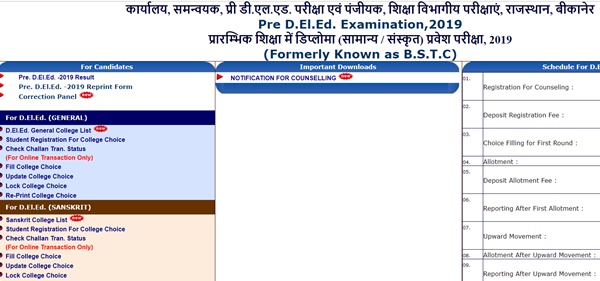

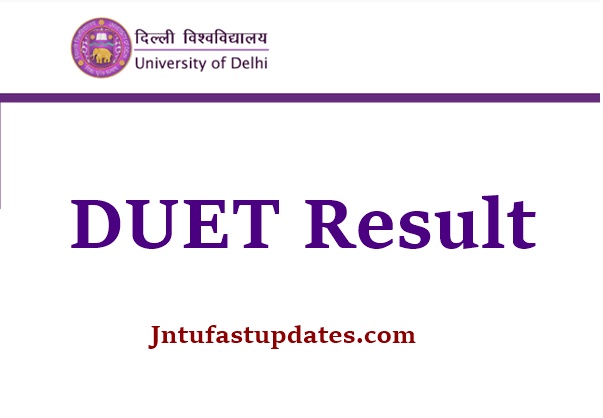

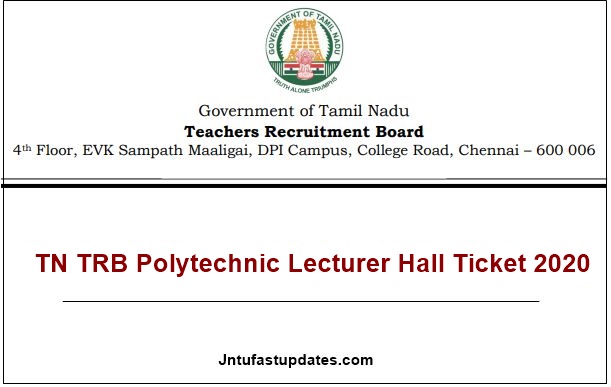

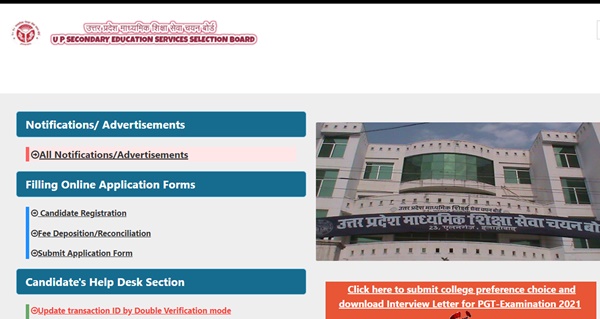

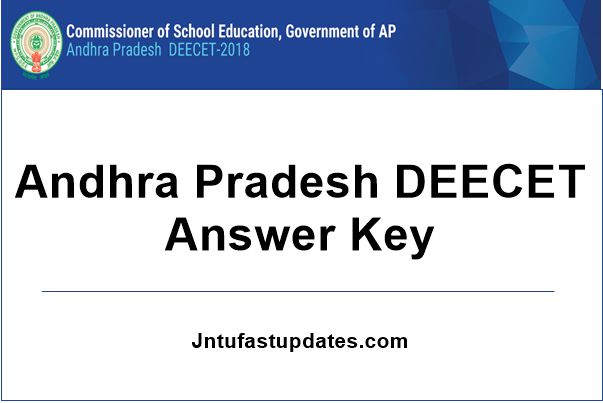

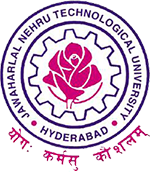
 Jntu Hyderabad University has Released the B.Pharmacy 2-2, 3-2 Semesters Revaluation/ Recounting Results March 2021. Students can check their revaluation results 2021 from links given below.
Jntu Hyderabad University has Released the B.Pharmacy 2-2, 3-2 Semesters Revaluation/ Recounting Results March 2021. Students can check their revaluation results 2021 from links given below.